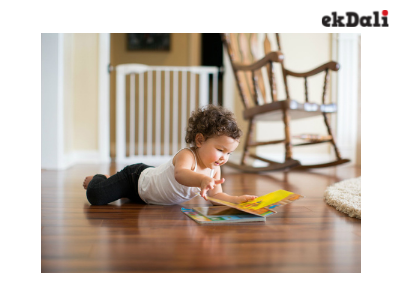By UNESCO’s definition -Early childhood, defined as the period from birth to eight years old, is a time of remarkable growth with brain development at its peak. During this stage, children are highly influenced by the environment and the people that surround them.
Early childhood care and education (ECCE) is more than preparation for primary school. It aims at the holistic development of a child’s social, emotional, cognitive and physical needs in order to build a solid and broad foundation for lifelong learning and wellbeing. ECCE has the possibility to nurture caring, capable and responsible future citizens
What are the key pillars of early learning ?
- Balanced: Provide a balance of play and structured activities, including adult- and child-initiated exploration.
- Based on a child’s developmental needs: Activities, materials, and schedules should be appropriate to a child’s age and support all developmental domains.
- Milestone led: Reflect current research on child development and should include specific learning goals for children.
What is Ekdali’s approach to early learning?
Ekdali’s approach is based on the 3Cs – Curiosity, Creativity and Courtesy. Research shows that kids with positive social skills, creative nature and curiosity stay happy through the challenges of school leanring. They are unfazed by new problems and open to learning new things. At Ekdali, we ensure each of our products address at least one of the three Cs. The learning process is built in to be development milestone based and age appropriate.
























